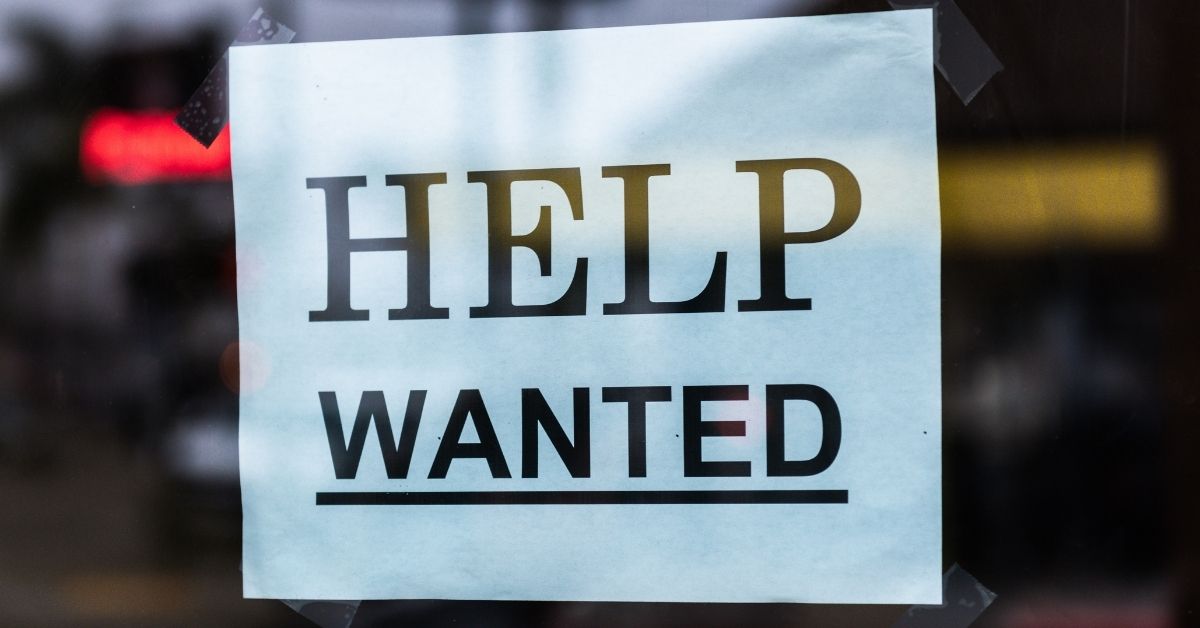Drained After Socialising? How to Recognise Social Fatigue
By: Johanna McCarthy
Social fatigue refers to when our capacity for socialising or our “social battery” has run out.
Everyone’s social battery is different and can be impacted by one’s level of introversion or extroversion, mental health, neurodivergence, and stage of life. These individual differences in social batteries can mean that a busy weekend full of socialising can be energising for some, for others it might feel like another weekend is needed just to recover.
Signs of Social Fatigue
Social fatigue is an emotional and physical response to overstimulation, we might feel drained and start to feel worried about upcoming social events.
While it is common to want to spend some time alone, an increasing sense of dread, stress or anxiety about upcoming events or feeling withdrawn, disengaged or a strong desire to go home during socialising can be signs that we’re starting to experience social fatigue or burnout. In other words, our social battery is running on empty.
Other signs of social fatigue can include:
- Poor sleep quality or difficulty falling asleep
- Feeling irritable
- Low energy and brain fog
- Hopelessness and helplessness
How to Reduce Social Fatigue
Social fatigue can sometimes creep up on us and you might not recognise it until you’re in the midst of full-blown social burnout. Learning to identify the signs that we might be feeling socially fatigued can help prevent longer-term stress and burnout. By learning about how our social lives impact us we can start to understand how to manage it to minimise the risk of fatigue.
Identify Social Triggers
Some social events may be more draining than others. Learning to identify which events will be more exhausting for you can help you to prepare in advance. This could include planning some alone time after the event or self-care activities such as going for a walk before the event.
Commit to “Me” Time
Learning what activities help you to recharge your social battery and putting time aside to do them. This could be watching your favourite Netflix show, going for a walk or to the gym, or spending time with your pet.
Learning to Set and Maintain Boundaries
Sometimes when we are feeling exhausted it can help to put our own needs first, this might look like being firm about how you spend your time after a social event, or choosing to decline multiple events over the same weekend.
Is it Time to Get Help?
Sometimes social fatigue can feel like we’re hitting a wall and the idea of trying to navigate the social world can seem impossible. Talking to a therapist can help us to understand how we got to this point, how we can begin to recharge our social battery and develop skills and strategies to help us navigate the risks of social fatigue in the future.
Article supplied with thanks to The Centre for Effective Living.
Feature image: Photo by Zohre Nemati on Unsplash










